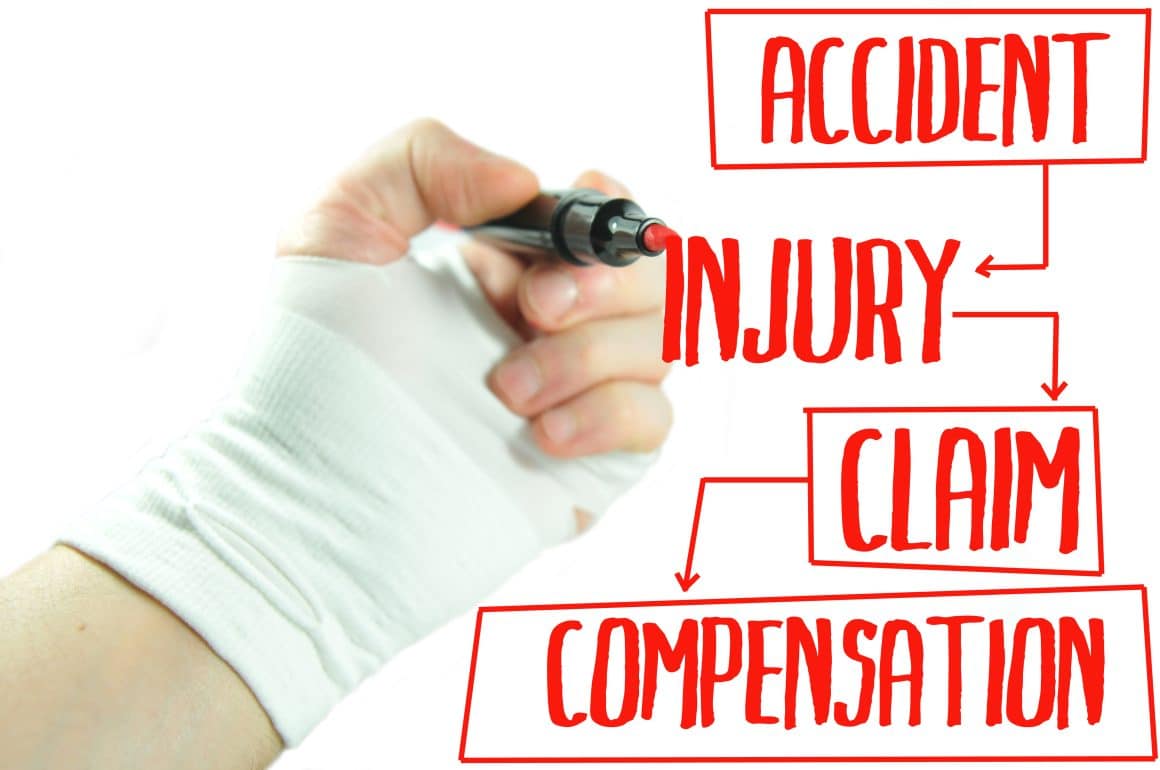You could file a claim with the insurance company representing the party at fault if you were hurt in an accident caused by their negligence.
Two types of damages can be compensated for: Economic and non-economic damages. The latter are ‘intangible,’ unquantifiable costs for unpleasant experiences such as suffering or pain. In contrast, economic damages are expenses related to your injuries that can be measured and assigned a predetermined numerical value.
Insurance companies are notorious for fighting to minimize or decrease the payment of injury claims in both categories. Recovering economic losses is typically easier than proving and recovering non-economic losses. Lost wages are a common form of these damages sought in personal injury settlements.
Understanding how lost wages are calculated in a personal injury settlement is essential. With this knowledge, you can get the compensation you rightfully deserve. Moreover, it can help you choose a reliable attorney to represent you wisely in your case. If you do the math and suspect that an attorney is grossly over-or underestimating your damages, consider asking them to explain their methodology.
If you have already hired a lawyer from a reputable company like Fasig | Brooks, learning how to calculate lost wages can help you know what to expect and worry less. But how do you calculate this? Don’t fret; below is a guide on how you can do so.
What Is Considered Lost Wages?
The most convenient and speedy calculation method for lost wages is to add up how much money you lost. And for this, you need to know the exact amount of your job compensation. Here is a rundown of things included in the calculation of lost wages.
- Hourly Rate
You can calculate your claim for lost pay by adding up the number of hours you missed and multiplying that with your hourly wage. For instance, if you are absent from work for ten days, calculate your lost wages by multiplying your regular daily hours by your hourly rate and then by ten. Using that formula, a worker who makes USD$20 per hour, works 8 hours per day, and is absent from the workplace for ten days will lose USD$1,600 income.
- Overtime Pay
You can include missed overtime pay in your claim if you regularly work overtime. Individuals who can claim overtime pay could be summer resort employees and accountants who put in extra hours per week during their busiest season. Paystubs from the past can prove that you regularly put in such long work hours.
- Bonus Pay
If an injury prevents you from earning bonuses, you have the right to seek compensation. Showing proof of previous bonuses may be necessary to prove any unpaid ones. Furthermore, you can request a report outlining the bonus structure at your company and the potential additional income you are losing out on.
- Sick And Vacation Days
Many victims have to miss time at work to heal from their injuries. Injuries aside, you could have taken advantage of those sick days whenever you wanted. You should be compensated fairly if you need to take time off from work due to illness.
You may also need to use some vacation days to heal your injuries. If you hadn’t been hurt, you could have used that time to take a real vacation. If someone else messes up your vacation plans, you can demand that they pay you back.
- Other Benefits
An accident may also affect other benefits. Some workers, for instance, get perks like bonuses and raises based on their performance. This bonus is forfeited if the employee is absent throughout the bonus period and unable to meet or exceed performance goals.
A compensation package may also include intangible rewards besides monetary payments. Taking time off from work could mean giving up some benefits, such as the use of a company car, access to a club, or the opportunity to participate in complimentary golf outings.
Considering these costs is vital because the sum of these many rewards can be substantial. Inclusion in demand can have a significant bearing on the final resolution.
How To Compute Lost Wages If You Are Unemployed?
Since income is not typically reflected in a regular paycheck for unemployed individuals, providing sufficient proof of its existence can be challenging. However, there are still ways to justify these profits, such as producing projected tax payments, income tax returns showing income, business records showing the amount of revenue and expenses, and other declarations illustrating this information.
Wrapping It Up
There’s typically no way to calculate non-economic damages. Juries usually consider the evidence for it and calculate a reasonable value. Nonetheless, the factors to consider in computing lost wages are your hourly rate, overtime pay, sick and vacation days, and other benefits.
Also, wage loss is subject to taxation. It can be difficult, though, because most settlements for injuries aren’t listed. To ensure you comply with the appropriate procedure for paying taxes on your injury compensation, you should consult your attorney and your accountant. Finally, the statute of limitations is usually only two years. Acting quickly following an injury is crucial to protect your rights to compensation, as the statute of limitations period can be very short.
